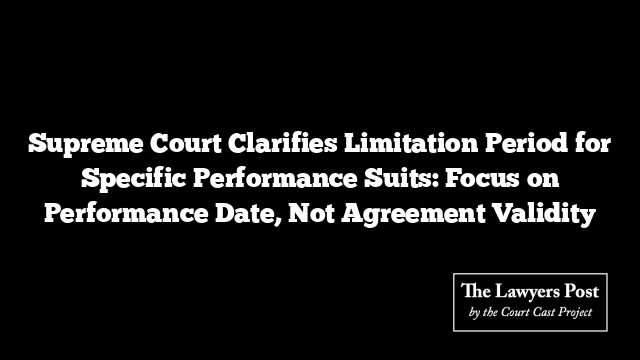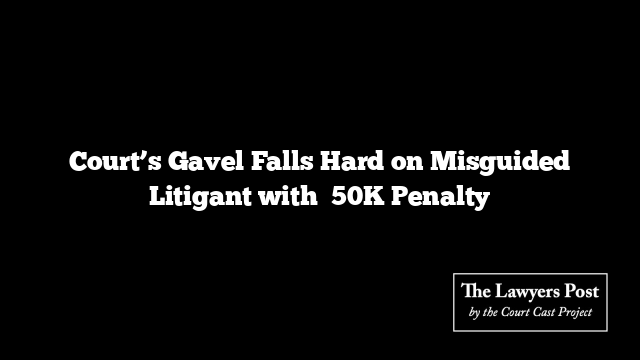In a recent ruling, the Supreme Court clarified that for specific performance suits, the limitation period begins from the date set for performance, not from the expiry of the agreement’s validity.
The Court overturned previous findings from the High Court and Appellate Court. Justices Vikram Nath and Prasanna B Varale emphasized that reliance on an agreement’s validity clause was misplaced. “The agreement’s validity period is irrelevant to the performance date,” they stated. The core issue is when the performance was due, not how long the agreement remains valid.
The case in question involved a sale deed that was to be executed within one month from December 17, 1989, with the deadline falling on January 16, 1990. The limitation period, therefore, would expire on January 16, 1993. When the sale deed was not executed, the respondent filed for specific performance in September 1993, which was beyond the three-year limit.
The respondent contended that the agreement’s five-year validity should extend the limitation period. However, the Court rejected this argument, affirming that the limitation period is determined by the date of performance stipulated in the contract, not by the validity period of the agreement.
In conclusion, the Supreme Court ruled that the limitation period for filing a suit is dictated by the date for performance outlined in the agreement, leading to the overturning of the lower courts’ decisions.





